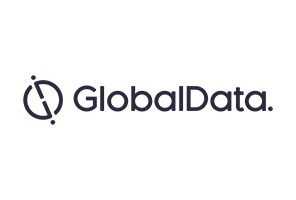
Cancer therapy was historically dominated by chemotherapy and hormonal therapies. Now, a new drug class is poised to seize a market share of more than $35 billion.
Over the last two decades the market has seen introduction of a wide variety of targeted therapies, which have provided benefits across key cancer types. Some of the most significant recent advances have come from the very new PD-1 and PD-L1 inhibitor class of cancer immunotherapies.

Discover B2B Marketing That Performs
Combine business intelligence and editorial excellence to reach engaged professionals across 36 leading media platforms.
By inhibiting PD-1 or PD-L1, these drugs increase the body’s innate immune response against tumours.
Recent arrivals
All of the drugs in this group are relatively new, with the first, Keytruda and Opdivo, having been approved just three years ago. These are followed by Tecentriq in 2016.
The latest US Food and Drug Administration (FDA) approvals for drugs of this type both were granted this year; Imfinzi on 1 May and Bavencio on 23 March. Both of these were accelerated to market due to strong clinical trial results.
All five approved products of this class are expected to be highly commercially successful and to achieve blockbuster status by 2023.

US Tariffs are shifting - will you react or anticipate?
Don’t let policy changes catch you off guard. Stay proactive with real-time data and expert analysis.
By GlobalDataA high price to pay?
The outlook isn’t all positive for these drugs. The main issue is that they are very expensive, in line with the general trend for cancer drugs approved in recent years.
Opdivo, Tecentriq, Bavencio, and Keytruda cost approximately $150,000 per year in the US, while Imfinzi costs $180,000.
This means that the cost-benefit ratio of these drugs is often marginal, which led The National Institute for Health and Care Excellence (NICE) in the UK to reject Opdivo in lung cancer in October 2016 and in head and neck cancer in April 2017, while also approving Keytruda in December 2016 after substantial cost discounts and the presentation of new data.
Poised to take off
There is also a very healthy late-stage pipeline, meaning lots of new drugs of this type are progressing well through development.
The global market size for PD1/PD-L1-targeted therapies is therefore expected to grow from $6.3 billion in 2016 to $36.9 billion in 2023, at a compound annual growth rate (CAGR) of 28.69%.





